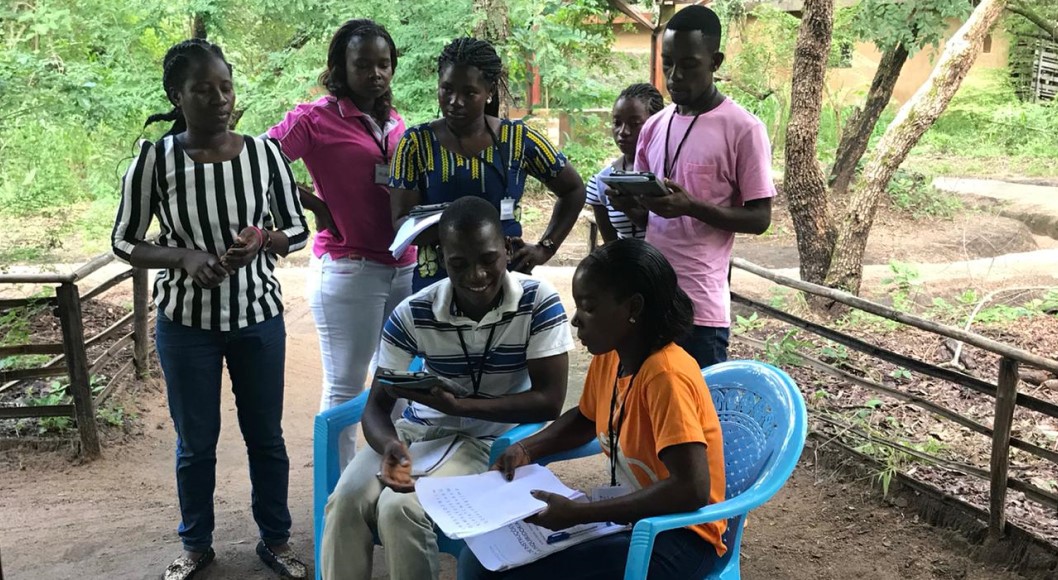The Gorongosa National Park (PNG) was renowned for its rich diversity, but after several decades of post-independence civil war, life within Gorongosa was in tatters. In 2008, the Gorongosa Restoration Project (PNG), a Mozambican NGO, entered into agreement with the Government of Mozambique to help restore the park. The park's revival has come with a new type of conservation focused on sustainability and working directly with surrounding communities.
As part of these efforts, PNG’s human development team established girls’ clubs with the goal of advancing access and quality of girls’ education and improving adolescent girls’ livelihoods. Girls’ clubs are led by community facilitators who are trained to ensure the girls in clubs transition through schooling to complete their basic education.
World Education worked with PNG to develop and implement a life skills program for girls between 10 and 16. World Education provided technical assistance to the USAID-funded IGBZ Girls Education component on curriculum development for girls clubs, monitoring, coaching, and training activities to implement the developed curriculum effectively. By empowering girls with skills, information, services, and support through attitude and behavior change in their communities, girls will have more opportunities, stay in school, and be more empowered to contribute to the development of their communities in the buffer zone around Gorongosa National Park.
World Education also carried out a baseline assessment to establish reading and numeracy levels with girls clubs using USAID’s Early Grade Reading Assessment (EGRA) and Early Grade Math Assessment (EGMA) tools with over 500 girls in 36 sampled communities. World Education’s evaluation was designed to determine the levels of literacy and numeracy skills demonstrated by the current girls’ club participants. In addition to serving as a diagnostic of these important skills, the evaluation is able to provide a variety of different informative analyses which can be used by PNG and its stakeholders to set performance benchmarks by age and grade level for key foundational reading and math skills such as letter recognition, reading comprehension, number identification, addition/subtraction, among others.


